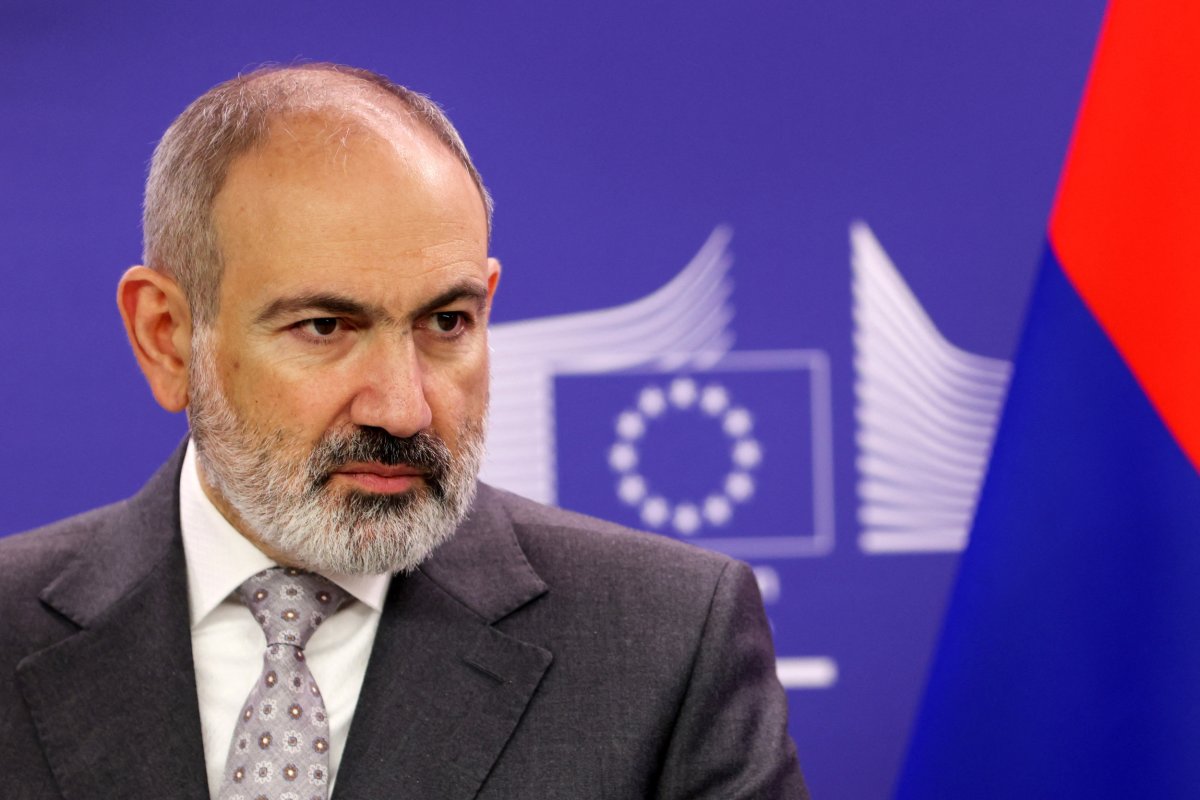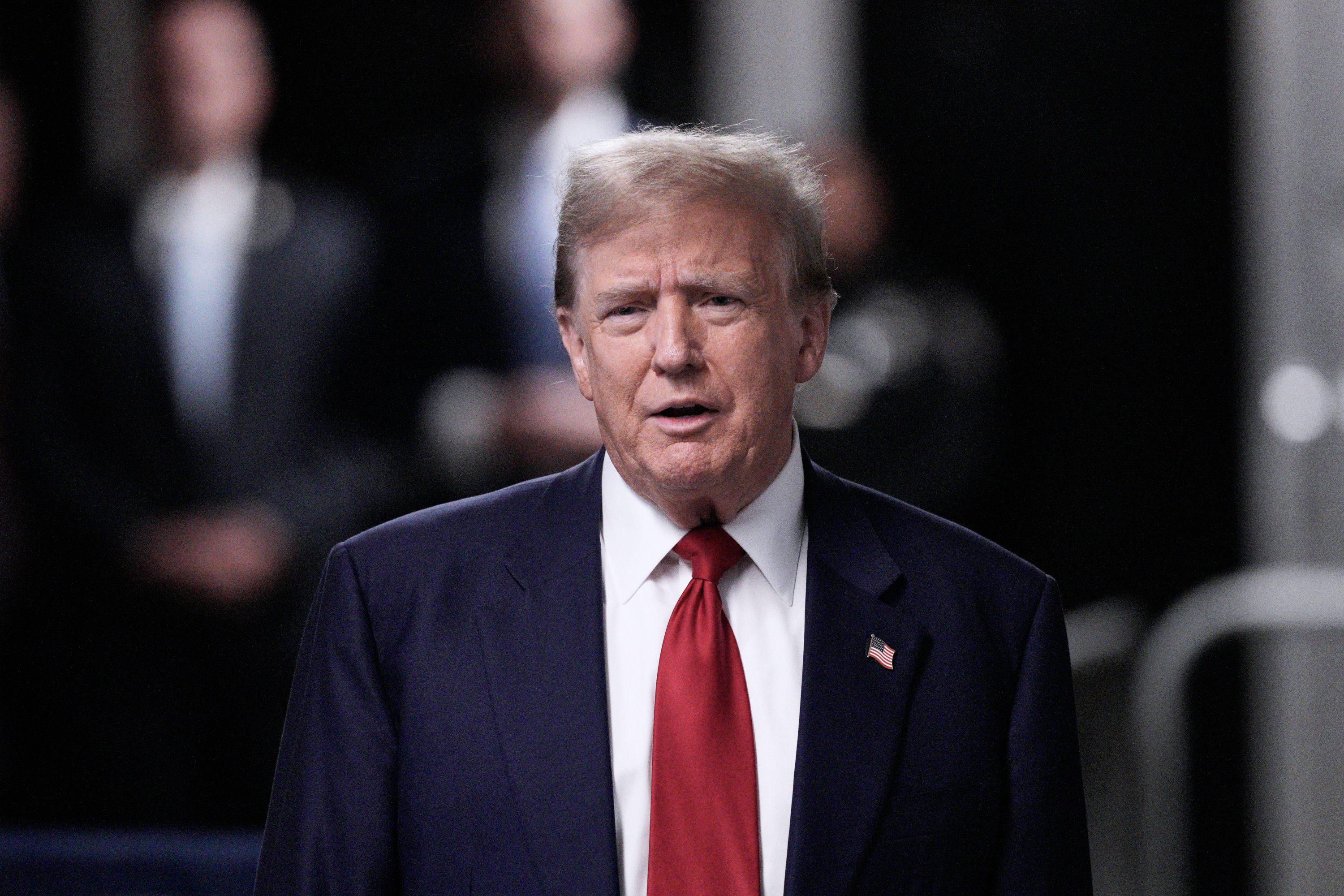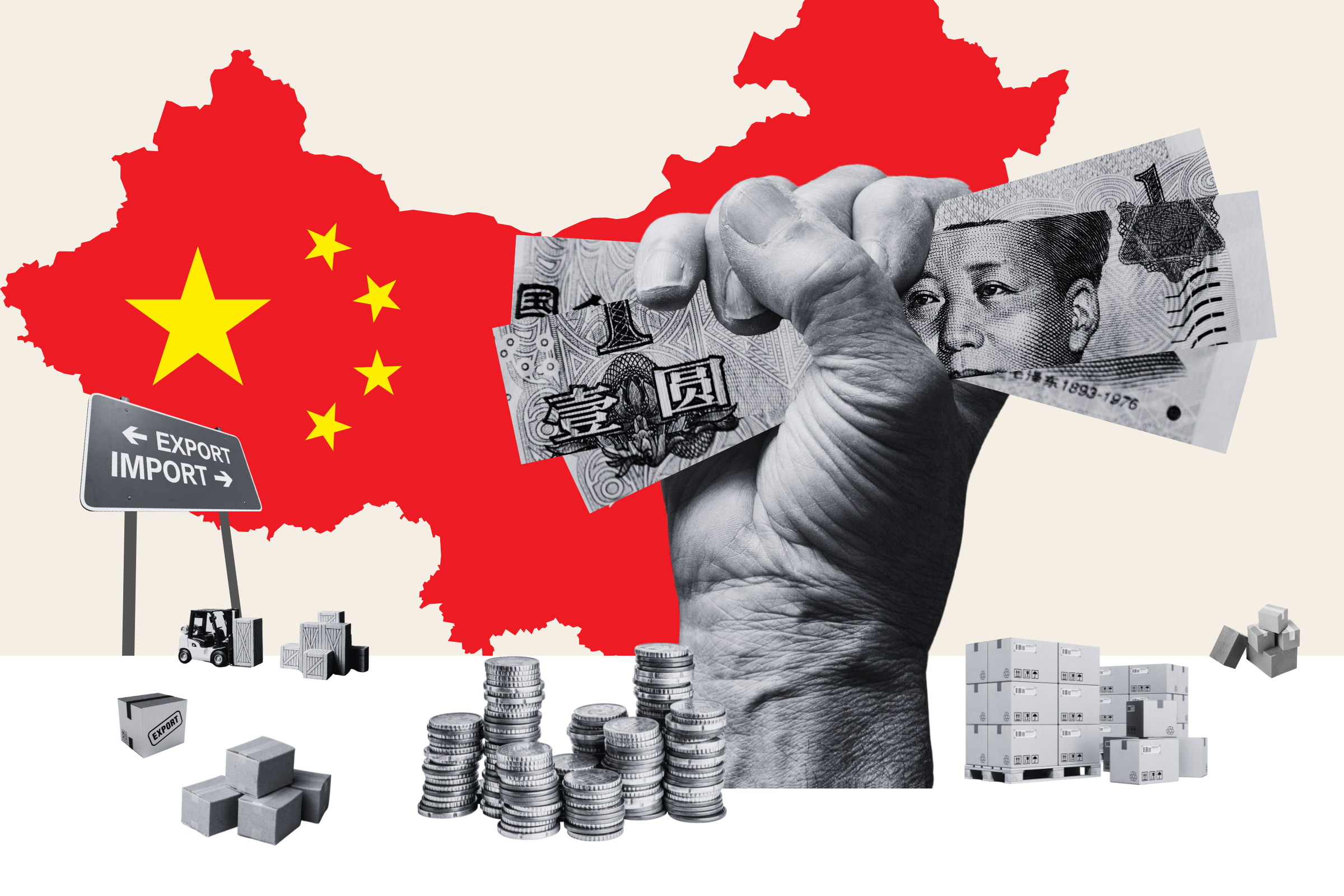Nestled in the South Caucasus, beset by regional rivalries and dictatorships, Armenia is at the crossroads and in crisis. It faces hostile rivals to the east and west—Azerbaijan and Turkey. To the north lies Russia, once a thought-to-be protector, now an unreliable pariah. It looks to the faraway West, and the West has other problems. Meanwhile it struggles to absorb 120,000 refugees from Nagorno-Karabakh, caused to flee last year by an Azerbaijani attack.
Boasting a feisty democracy, bubbling civic society and innovative tech sector, Armenia is committed to democracy, liberal values and free-market principles. It sits in a region where these things are not the norm. It needs a fast track to membership in the European Union. For the EU, whose mission is currently in doubt by many around the world, recognizing and rewarding Armenia's posture would be a case of doing the right thing and benefitting as well.

The main impediment to Armenia's joining the EU may be a concern about bringing in a nation at war. So, it's important to underscore that Armenia has no claims upon neighboring countries. Armenia's position on the Nagorno-Karabakh conflict had been moderate, aimed at a balanced, fair, and sustainable compromise. The Nagorno-Karabakh conflict is not a territorial dispute, but an empirically justified concern that Azerbaijan would wipe out Armenia's compatriots within its borders.
Nagorno-Karabakh is a historical Armenian heartland, but the Soviet Union gifted it to Azerbaijan, creating a situation that is difficult to reverse.
The enclave won self-rule when the Soviet Union collapsed, and that was a fair arrangement, but Azerbaijan resorted to a brutal use of force to take the area. After 10 months of starvation-by-blockade, beginning in December 2022, Azerbaijan attacked Nagorno-Karabakh on Sept. 19, 2023. More than 100,000 people—the region's entire population—have fled to Armenia.
This ethnic cleansing cannot be legitimized. Armenia should sustain focus on winning a right of return with iron-clad security agreements, the return of all POWs and the full restoration of Armenia's territorial integrity. While Armenia has no claim on Azerbaijan, Azerbaijan does have claims on Armenia, hinting darkly at the need to carve out a corridor through our territory to Turkey, and often delegitimizing the country as a whole.
Armenia's historical narrative is fraught with such challenges, including the Armenian Genocide of 1915 at the hands of Ottoman Turks, and the subsequent complex relationships with the two neighboring nations.
We sought stability through partnerships. Alas, the main one in recent decades, with Russia, proved misguided. It made us complacent and backfired as Russia became bellicose on the world stage and signed a strategic alliance agreement with Azerbaijan in 2022. Its so-called peacekeepers, placed around Nagorno-Karabakh in 2020, did nothing to prevent the blockade and ethnic cleansing.
Europe, which is struggling with under-appreciative existing members and has labored with applicants like Turkey, would itself gain much from wresting Armenia into a family where it belongs.
Is Armenia ready?
Armenia has made notable progress in aligning with EU membership criteria. It has demonstrated a commitment to democratic governance, undertaken economic reforms, and improved legal and institutional frameworks.
The signing of the Comprehensive and Enhanced Partnership Agreement (CEPA) between Armenia and the EU in 2017 laid the legal foundation for closer ties. However, CEPA is a watered-down version of Armenia's aspiration to integrate with European structures. Fast-tracking EU membership would not only validate Armenia's progress but also provide a stable framework for sustained development.
It would also signal the EU's recognition of Armenia's security concerns and contribute to regional stability. That's important, because the South Caucasus region occupies a strategically vital position, serving as a strategic corridor for energy.
Freedoms, democracy, the rule of law, as well as state and public institutional resilience are requisites for the security and development of our nation. I do not see a contradiction between freedoms and patriotism, between democracy and the protection of our national identity. Freedoms serve the sustainability of strong sovereignty. In the existing organization of states and nations sovereignty is the most adequate foundation for the protection and the flourishing of a national identity. Armenia's overarching priority, therefore, is the defense of its sovereignty, political independence, and territorial integrity, as much as of its political and cultural identity.
At the same time, especially in defeat, we need realism. If we embark upon an EU path, careful diplomacy will be crucial. Clear communication, persistent engagement with all regional actors for establishing genuine and sustainable security, stability and cooperation, based on mutual respect of sovereignty and political independence are needed to dispel concerns that Armenia's pursuit of relations with the EU is not aimed at exacerbating rivalry and hostility, but rather at fostering regional peace and cooperation.
Historically the representative of the Western civilization in Asia Minor, Armenia—backed by its European brethren—can ultimately emerge as a bridge between our culture and that of our neighbors. If that happens, out of darkness will have come some light.
Grigor Hovhannissian is the former Armenian ambassador to the United States and to Mexico, and the former deputy foreign minister of Armenia.
The views expressed in this article are the writer's own.
Uncommon Knowledge
Newsweek is committed to challenging conventional wisdom and finding connections in the search for common ground.
Newsweek is committed to challenging conventional wisdom and finding connections in the search for common ground.
About the writer
To read how Newsweek uses AI as a newsroom tool, Click here.








